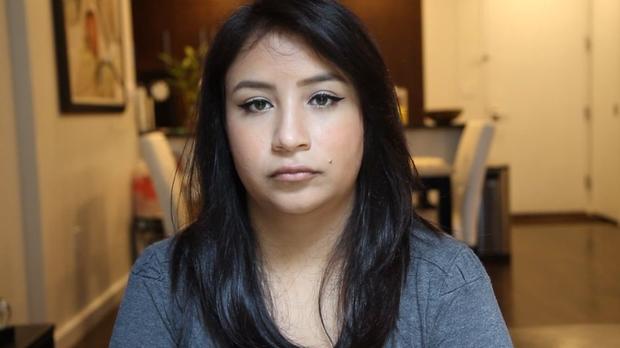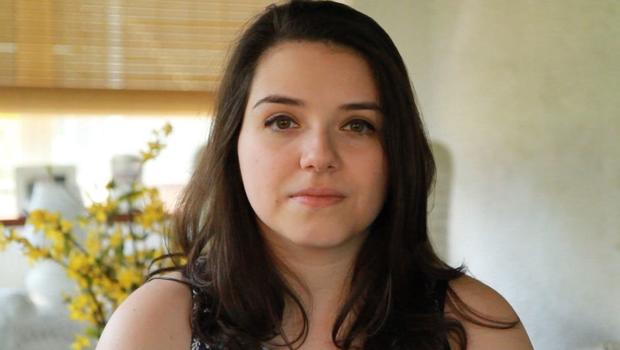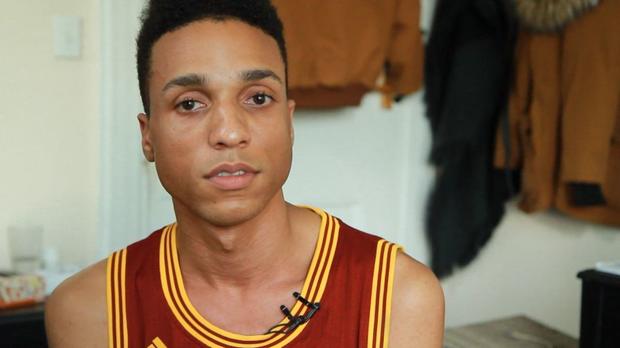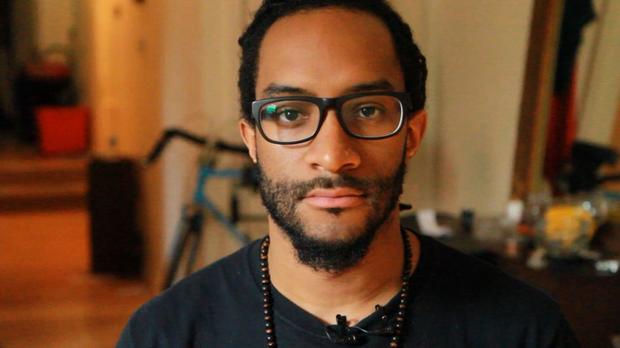Young people speaking out, helping others with depression
New York native Dior Vargas was 11 years old when she tried to end her life for the first time.
"At 8 years old I wrote in my diary that my life was over," she said. "I tried to overdose on anything that I could find in the medicine cabinet."
Dior was a witness to domestic violence from a very young age. As a result, she spent most of her childhood terrified.
"I was always scared, but also angry because there was nothing I could do. I thought in some way that I would die."
That night she didn't succeed. However she would try many times after that, for eight years until she was admitted to a psychiatric ward at 19. That experience finally helped her make a change.
"After being there, I realized this was something I couldn't continue doing," Vargas said.
Her struggle is one that ends in tragedy for many American families. Suicide rates have risen to the highest they've been in 30 years, according to a study released by the CDC in April. The report shows that the rate has increased significantly in women and that suicide is one of the leading causes of death for young people.
Dior suffered from, and continues to suffer from, depression and anxiety. Depression affects over 3.3 million people in the United States, while anxiety affects a much larger number, about 40 million, according to the National Institute of Mental Health. A sizable number of suicide victims -- estimates range from 30 to 70 percent -- suffer from major depression or manic-depressive disorder.
CBS News spoke with a number of young people who have lived with anxiety, depression or suicidal thoughts. They shared their stories about how these conditions affect their day-to-day lives and how they have learned to cope.
Jessica Galati, a student studying for her masters degree in social work, says most people, even the people closest to her, don't understand what it means to live with anxiety or depression.
"For a long time I used to feel really embarrassed because I felt like it was almost something that I was just making up in my own head," she said. "Now I know it's a real legitimate thing that you have no control over. And I try to remind anyone who doesn't say that it's a medical issue that it is."
Charles Brown is a Philadelphia resident who has been battling anxiety and depression his entire life. He said being a man of color who was gay contributed to his mental health struggles from a very young age. LGBT youth are twice as likely to commit suicide. Charles thought about it many times growing up.
"There were moments when I was so anxious and so hyped up, I would just think, I would rather be dead right now than feel like this," he said. "I remember just dreading the moment I would have to tell someone that I was gay."
The memories stretch back to his early childhood. "You get taunts about acting girly as early as the age of 4," he said.
Keaton Nichols, 25, was home when his house was broken into in Philadelphia three years ago. After being injured in the incident, he too slipped into a depression.
"It was just so strange because I didn't want to do anything," he said. "I remember going to bed I would just think to myself, 'this day was just so bad,' and I wasn't looking forward to the next day."
Different forms of therapy, including cognitive (talk therapy) and behavioral (focused on changing behaviors), have been shown to reduce chances of suicide in people with mental illnesses. Many patients find prescription antidepressants helpful, too.
For Jess Galati, the problems got so bad that one point she even had to drop out of school and couldn't leave the house due to her fears of panic attacks. Today she has found better ways to handle her mental illness. Both she and Charles Brown say they've found solace in therapy and help from the right medications.
"Therapy is huge," Galati said. "There still is a long way to go. I can't move as fast as other people -- and that's OK."
Brown adds, "If it wasn't for my medication, I would still be suicidal."
Now 29 years old, Dior Vargas has found reasons to live and to continue fighting. She's involved in mental wellness activism and helping others who have had similar experiences.
"I'm using my experience to help others, to talk about mental health, specifically in communities of color," she said. "I'm more aware of my strengths and my resilience, and I wanted to make a difference in other people's lives."
If you or someone you know needs help, contact the National Suicide Prevention Lifeline at 1-800-273-TALK (8255) or get more information on their website: www.suicidepreventionlifeline.org.



